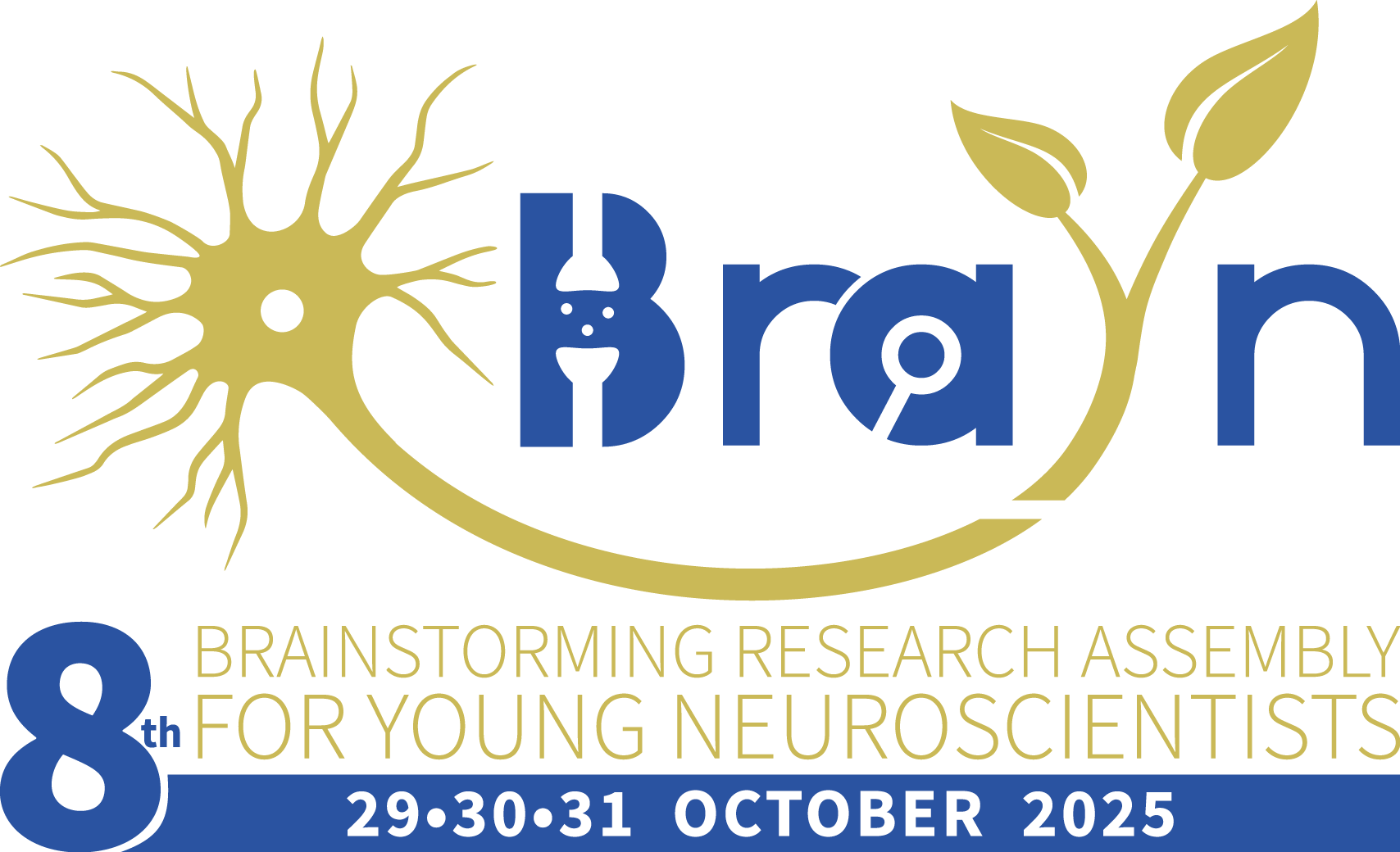STEERING COMMITTEE
– Administration of BraYn Association –
Giovanni Ferrara
BraYn Association President
IRCCS San Martino Hospital, Genoa (Italy) •
Giovanni Ferrara is a senior postdoc at the Experimental Neuroscience Lab, IRCCS San Martino Hospital, Italy. He obtained his master’s degree in Pathophysiology and later his PhD in Experimental Pharmacology and Toxicology at University of Parma, Italy in 2012. From 2007, his main field of investigation is neuroscience, focusing on neuroimmunology and neuroinflammation. Particularly he is characterizing the role of a membrane-spanning proteoglycan, nerve-glial antigen 2 (NG2) in neuroinflammation and the role of tolerogenic dendritic cells in MS. He also studies the immunomodulatory properties of mesenchymal stem cells and their possible role as treatment of neurological diseases.
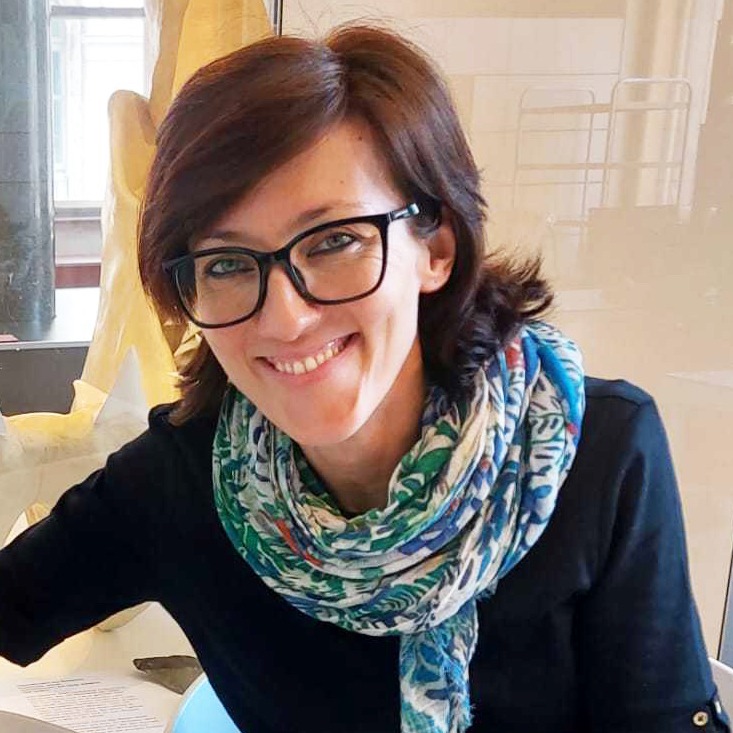

Enrica Boda
BraYn Association Vice President
Neuroscience Institute «Cavalieri Ottolenghi», Dept. of Neuroscience, University of Turin (Italy) •
Enrica Boda is a neurobiologist and works as an Associate Professor in Human Anatomy at the University of Turin. Her research activity is based at the Neuroscience Institute of the Cavalieri Ottolenghi Foundation (NICO, Orbassano, Turin) and is focused on the biology of oligodendroglia and myelination in health and disease.
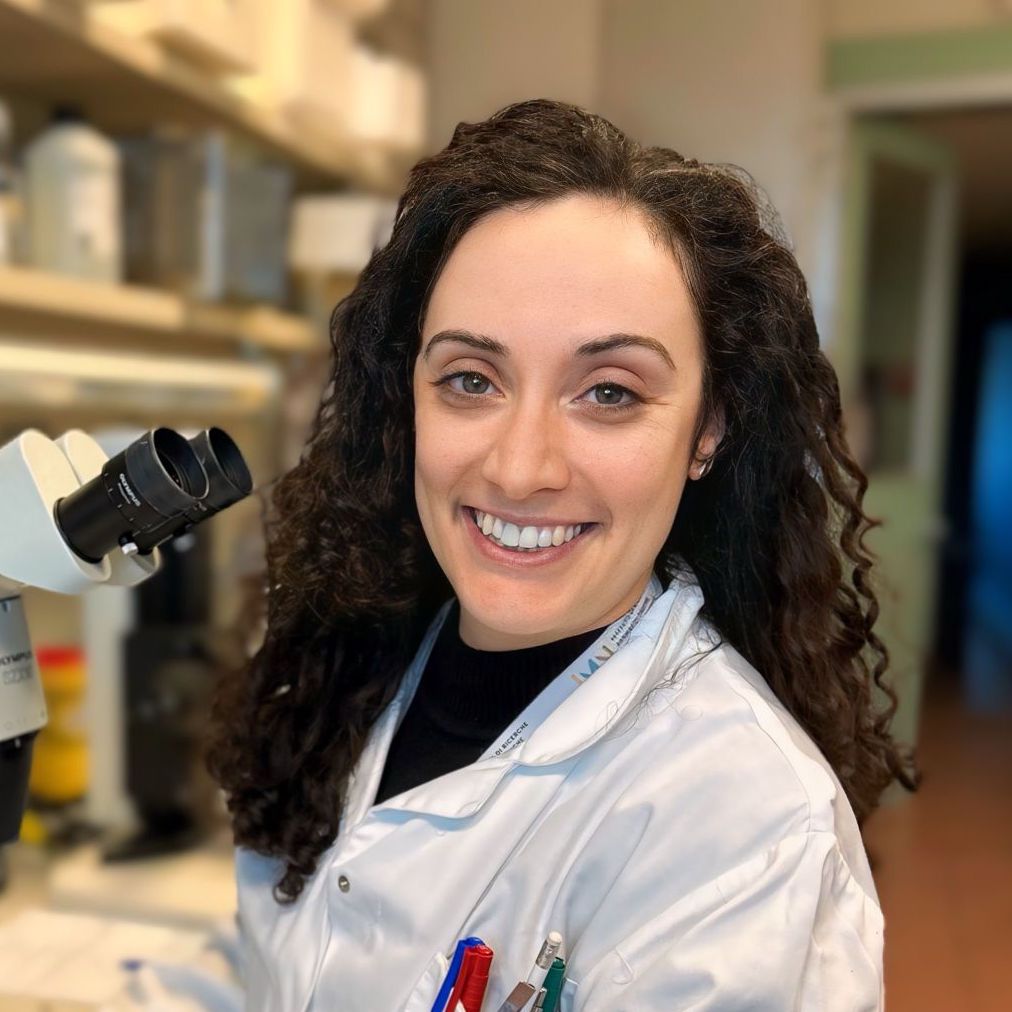

Margherita Romeo
BraYn Association Treasurer
Istituto di Ricerche Farmacologiche Mario Negri IRCCS (Italy)
• I obtained a master’s degree in Biomolecular Chemistry at the University of Catania in 2011. In 2014, I was awarded the title of Biomedical Research Specialist at the IRCCS Istituto di Ricerche Farmacologiche Mario Negri, Milan, Italy. I used the nematode Caenorhabditis elegans as an innovative animal model to investigate the molecular mechanism involved in central or systemic amyloidosis. In 2019, I obtained a Phd at the IRCCS Istituto di Ricerche Farmacologiche Mario Negri. The project aimed to investigate the molecular mechanisms underlying the ability of C. elegans’ pharynx to recognize toxicant cardiotoxic light chains that cause heart damage in patients suffering from immunoglobulin light chain amyloidosis. In particular, I investigated the crucial role of metal ions, particularly copper, in driving the ROS-mediated proteotoxic effects of light chains. I then moved to the Institute of Clinical Chemistry and Laboratory Diagnostic Medical Faculty, Heinrich Heine University, and the IUF- Leibniz Research Institute for Environmental Medicine in Düsseldorf (Germany) to elucidate the role of AhR in aging in C.elegans and to describe the AhR-mitochondria cross-talk. From 2022 I am a post-doc at the IRCCS Istituto di Ricerche Farmacologiche Mario Negri of Milan (Italy), where I am focusing my research on clarifying the molecular mechanism involved in immunoglobulin light chains amyloidosis and developing new therapeutic strategies.
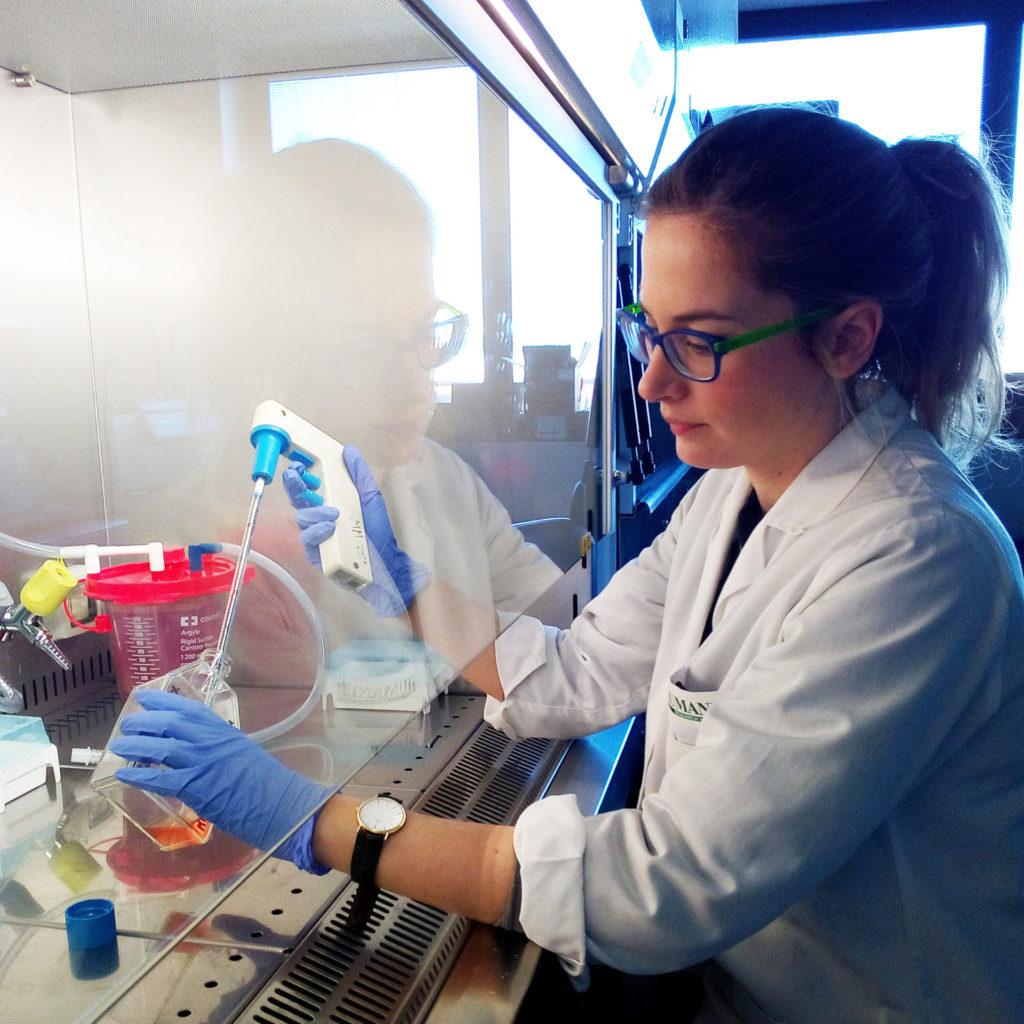

Eleonora Vannini
BraYn Association Secretariat
Neuroscience Institute – National Research Council of Italy, Pisa (Italy) •
Eleonora Vannini is a researcher at the CNR Neuroscience Institute of Pisa, Italy. She defended her PhD thesis in Neurobiology at Scuola Normale Superiore in 2014. She then worked as a Post-Doc at the University of Leicester, UK, and at the Humanitas University, in Milan. Dr Vannini is interested in studying plastic rearrangements that take place in diseases such as brain tumors and epilepsy. Specifically, in the last few years she focused on developing novel therapeutic approaches to counteract gliomas.
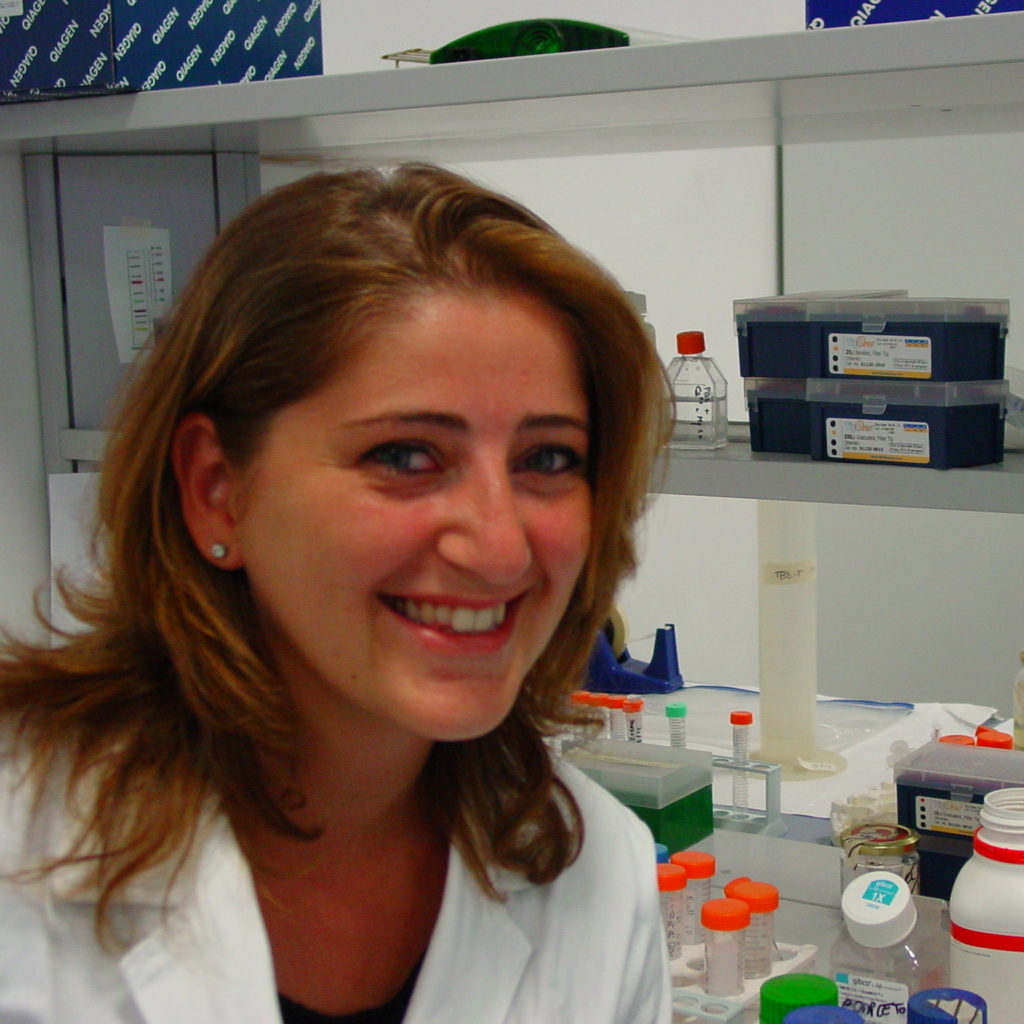
Giuseppina D'Alessandro
Member of Board of Directors of the BraYn Association Ets
(Tap/Click on the name to see the bio sketch)

Giuseppina D'Alessandro
Member of Board of Directors of the BraYn Association Ets
«Sapienza» University of Rome (Italy) •
Giuseppina D’Alessandro graduated in December 2004 in Biotechnology at “Federico II” University of Naples. In 2008 she took a Specialization in Pharmacological Research at “Mario Negri” Institute in Milan focusing her attention on endogenous metabolism alterations in ALS models. In 2012 she took a PhD in Neurophysiology at “Sapienza” University of Rome studying Glioblastoma and its effect on tumor brain microenvironment and this is still her main research activity. In 2011 and 2015 she was research collaborator at Institute of Neurosciences for Hospitalization and Scientific Research (Neuromed) in Pozzilli (Isernia). Since October 2020 she has got a position as Assistant Professor in tenure track (RTD-B) in Physiology at the Sapienza University.
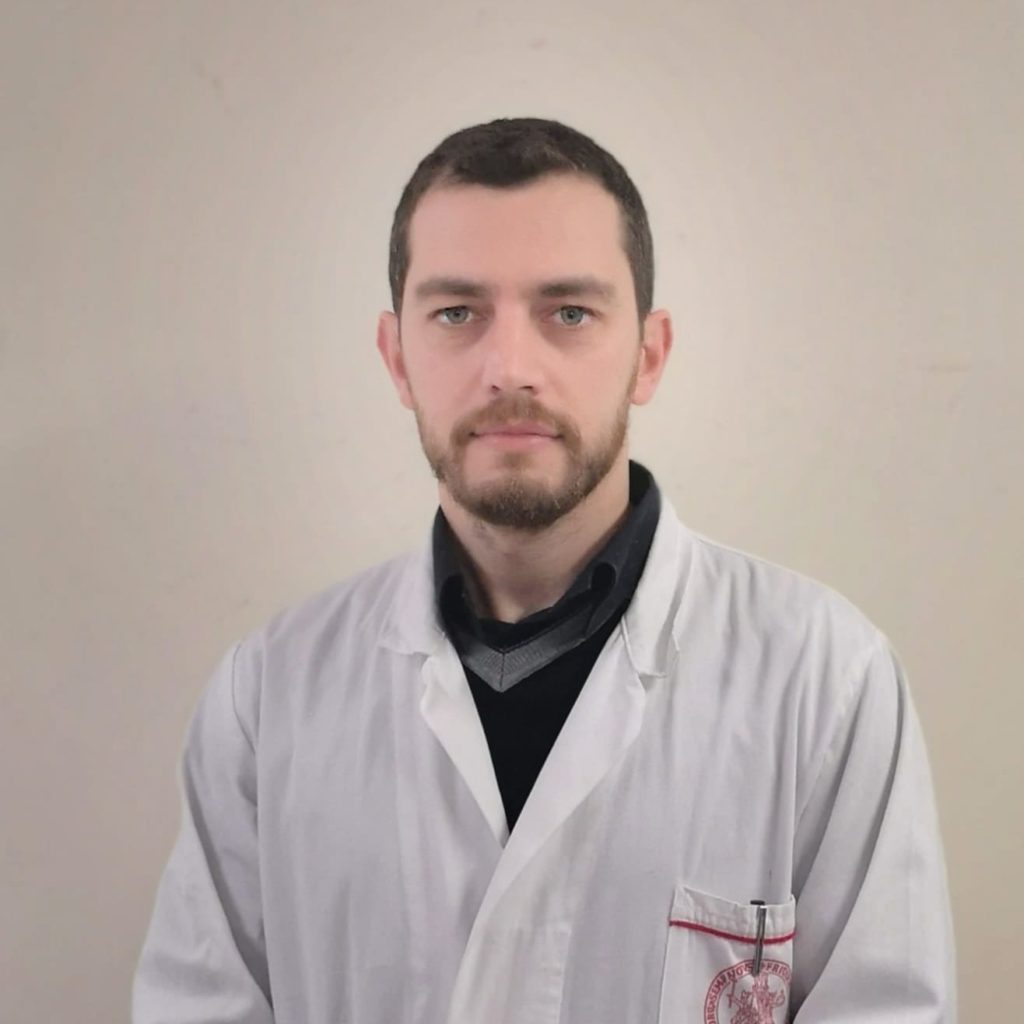
Pellegrino Lippiello
Member of Board of Directors of the BraYn Association Ets
(Tap/Click on the name to see the bio sketch)

Pellegrino Lippiello
Member of Board of Directors of the BraYn Association Ets
University of Naples Federico II; Dept. of Pharmacy •
Pellegrino Lippiello graduated in Biotechnology at the University of Naples Federico II and during his PhD in Neuroscience, he started the electrophysiological studies. Since 2012, he joined Dr. Maria Miniaci lab at University of Naples Federico II; Dept. of Pharmacy, where he started to on work the Cerebellar plasticity on slices. In the last years, he is starting to work on Alzheimer Disease (AD) using the Tg-CRND8 mice, a mouse model of AD. He is also investigating the physiological role of G protein-coupled inwardly-rectifying potassium channel (GIRK) on cerebellar plasticity.
Maria Chiara Trolese
Member of Board of Directors of the BraYn Association Ets
(Tap/Click on the name to see the bio sketch)
Maria Chiara Trolese
Member of Board of Directors of the BraYn Association Ets
Istituto di Ricerche Farmacologiche Mario Negri IRCCS (Italy) •
Dr Maria Chiara Trolese achieved the BSc in 2009 and the MSc in Pharmaceutical Biotechnology in 2013 at the Università degli Studi di Milano. After graduation, she earned a three-year fellowship at Istituto di Ricerche Farmacologiche “Mario Negri”-IRCCS where, under the guidance of Dr Bendotti and Dr Nardo, she focussed on the involvement of the MHCI adaptive pathway in the disease progression of transgenic ALS mice. During her PhD, she analysed the implication of the MCP1-mediated immune response in the regenerative mechanisms of skeletal muscle of ALS mice. Nowadays, she is involved in the characterisation of the contribution of the peripheral immune response in governing the speed of ALS progression to identify novel disease biomarkers.

